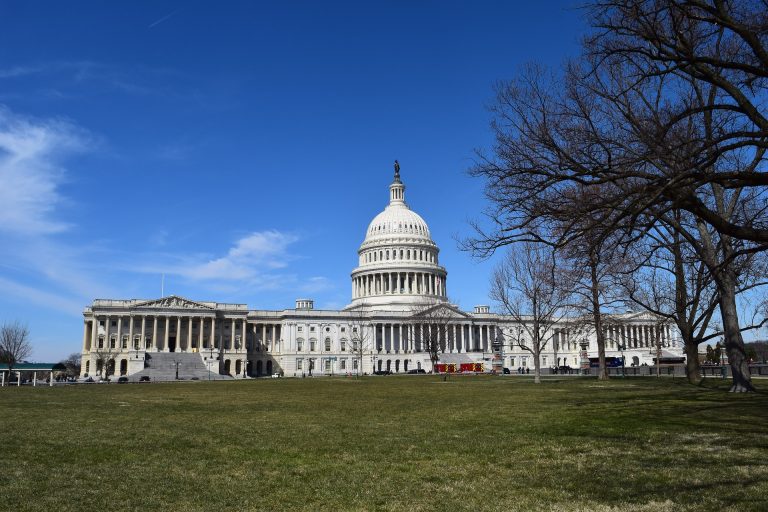The 2020 Presidential Election is turning into the most controversial in American history. With 157 million ballots cast and counted, voter turnout increased in every state. Incumbent President Donald Trump garnered more than 74 million votes, out-gaining his 2016 underdog win against Hillary Clinton of 62 million votes.
In fact, Trump’s 2020 results eclipsed Barack Obama’s 2012 win over Mitt Romney when he tallied 65 million votes, and even Obama’s historic 2008 win over John McCain with 69 million votes.
Despite these achievements, President Trump still lost to former Vice President Joe Biden by more than 7 million votes, according to vote tallies certified in all 50 states.
Although President Trump and his supporters have multiple legal challenges pending in both the Supreme Court and in six swing states, and while publicly available evidence casts a shadow of reasonable doubt on Biden’s win, the constitutional process allowing Congress to certify the next president proceeds unceasingly.
Dueling Slates
Each state in the U.S. has a specified number of Electoral College votes. This number is determined by the combined total of senators and representatives in a given state. In the U.S., voters are actually casting their ballots for each Party’s slate of electors, which consists of people who are pledged to vote for their Party’s respective presidential candidate. The Electoral College met on Dec. 14. However, before the process is finalized and a President is chosen, electoral votes have to be counted by Congress in a joint session held on Jan. 6, 2021.
Success
You are now signed up for our newsletter
Success
Check your email to complete sign up
During the Dec. 14 meeting of the Electoral College, in each of the six swing states where President Trump still has legal challenges pending, Democrat electors cast ballots for Joe Biden and Republican electors cast an alternative set of ballots for President Donald Trump. This also occurred in Nevada, where Biden won by approximately 3,500 votes.
Had the Republican electors not passed a “dueling slate” that sets up a potential challenge to the Congressional certification on Jan. 6, Trump’s legal challenges would all have come to an abrupt end and all opportunities to prove in a court of law that election fraud actually took place would have dissolved.
In the upcoming joint session of Congress, both a member of the House of Representatives and the Senate must file a written objection to the official slate of electors being counted. The objection has to be on the basis that votes were either not “regularly given” by electors or “lawfully certified” based on State election laws.
If the joint objections meet the necessary requirements, then the House and Senate will withdraw to their separate chambers to debate and vote. Unless both the House and the Senate vote to uphold the objection, it fails. If approved, then the State’s certified electoral votes are nullified.
The most recent time that a dueling slate occurred was in the 1960 election between John F. Kennedy and Richard Nixon.
‘Long shot’
While there has been discussion about the possibility of Republican state legislatures choosing their own slate of electors and overriding the certified popular vote, this would be a legally challenging step to take.
Robert Hardaway, professor at the Sturm College of Law at the University of Denver told Epoch Times in an interview that the possibility of the Republican electors being counted is “obviously a very, very long shot,” as none of the legal challenges by Trump or his supporters have met with success at any level of the U.S. courts.
“But that’s the reason for it [dueling slates],” said Hardaway. “If later it’s determined the Republican slate should have been elected, they’ll have the vote already in place.”
“I think when you get to the joint session of Congress, there’s going to be a fight about which of the slates of electors need to be counted based on the evidence and the statutory violations that are presented at the time,” said John Eastman, Professor of Law at the Chapman University School of Law to NTD.
However, “the chance of getting a senator to agree, a Republican senator to agree, is a difficulty. Then to get the Senate and the House to agree? At this point…this is not going to happen,” Gary Griegg II, Director of the McConnell Centre at the University of Louisiana, told The Epoch Times.
















